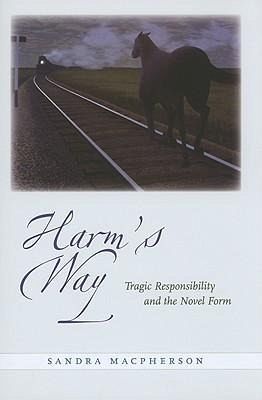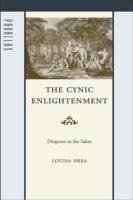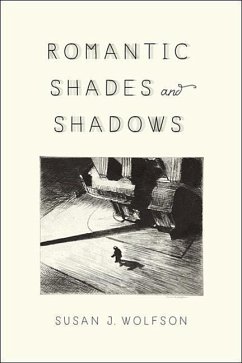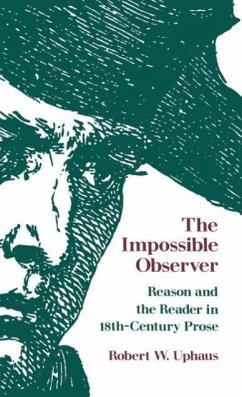
Harm's Way
Tragic Responsibility and the Novel Form
Versandkostenfrei!
Versandfertig in über 4 Wochen
61,99 €
inkl. MwSt.
Weitere Ausgaben:

PAYBACK Punkte
31 °P sammeln!
A field-defining study of the novel as a tragic form. Sandra Macpherson's groundbreaking study of the rise of the novel connects its form to developments in liability law across the seventeenth to nineteenth centuries. In particular, Macpherson argues for a connection to legal principles of strict liability that hold persons accountable for harms inflicted upon others in the absence of intention, consent, direct action, or foreknowledge. In convincing polemical readings of Defoe, Richardson, and Fielding, she shows that these laws share with the novel the view that the state of a person's mind...
A field-defining study of the novel as a tragic form. Sandra Macpherson's groundbreaking study of the rise of the novel connects its form to developments in liability law across the seventeenth to nineteenth centuries. In particular, Macpherson argues for a connection to legal principles of strict liability that hold persons accountable for harms inflicted upon others in the absence of intention, consent, direct action, or foreknowledge. In convincing polemical readings of Defoe, Richardson, and Fielding, she shows that these laws share with the novel the view that the state of a person's mind is irrelevant to the question of her responsibility for her actions. Macpherson urges readers to rethink the ancient consensus that the novel differs from tragedy in its elevation of character over plot. She concludes that the realist novel is ultimately a tragic form, committed to holding persons accountable for accidents of fate. Macpherson's original insights continue to have a broad and lasting impact on the study of the novel.













